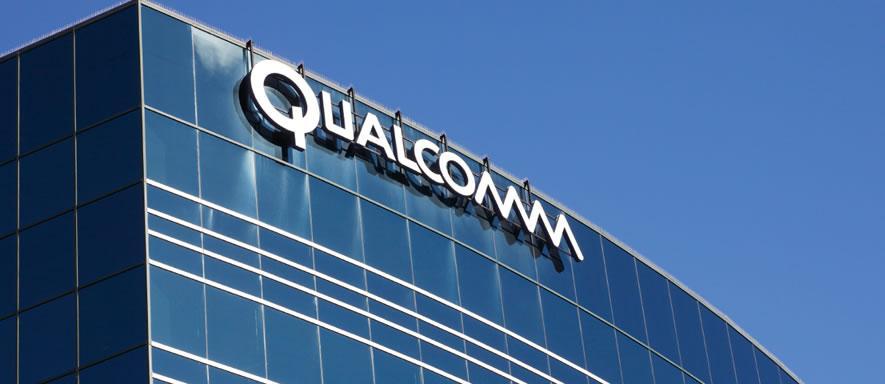US chipmaker Qualcomm has reignited its ongoing dispute with Apple following its decision to call on the US International Trade Commission (ITC) to ban the sale of certain iPhones. Qualcomm is calling for the prohibition of sales on the devices because it alleges that Apple has infringed up to six of its patents.
Qualcomm issued a direct and blunt statement in which it claims Apple had ‘engaged in the unlawful importation and sales’ of some iPhones – and confirmed that it is currently in the process of filing an official complaint with the ITC. Qualcomm which unveiled its Snapdragon 835 processor at CES 2017 in January, has argued that the patents in question involve ‘key technologies’ that enable important features and functions in iPhones, which includes the capacity to prolong battery life and overall efficiency of the devices.
Qualcomm has urged ITC to begin an investigation into Apple’s conduct, infringing imports and that they issue a Limited Exclusion Order (LEO) to bar importation of the devices into the US. It stressed that the ITC must stop Apple’s unlawful and unfair use of Qualcomm’s technology. This row is the latest in a long-running feud between the two technology titans, and Qualcomm added that it’s also seeking an LEO against iPhones that used cellular baseband processors other than those supplied by Qualcomm affiliates.
Analysts have suggested Qualcomm are talking about Intel indirectly, although they never name Intel in its official statement. But it is widely known that Intel began supplying chips to some iPhone 7 devices in September 2016.
Through a Cease and Desist order, Qualcomm is also attempting to block the sale of devices already in the US it believes infringe on its patents. Apple’s iPhones are assembled in Asia. Don Rosenberg, EVP and general counsel at Qualcomm said: “Apple continues to use Qualcomm’s technology while refusing to pay for it. These lawsuits seek to stop Apple’s infringement of six of our patented technologies.”
The row began in January when Apple sued Qualcomm alleging them of being guilty of overcharging them for chips, and refused to pay $1 billion in rebates. Qualcomm hit back in a counterclaim against Apple for breaching agreements and a number of other allegations.
Qualcomm then subsequently initiated legal proceedings against four Apple iPhone manufacturers for failing to pay royalties and breaching licensing agreements, before Apple launched a legal attack on Qualcomm’s business at the start of this month. Despite Qualcomm’s latest onslaught, the short-term impact on Apple is expected to be limited. Qualcomm has indicated that it expects the ITC to begin an investigation in August, but the case will not be tried until next year.










